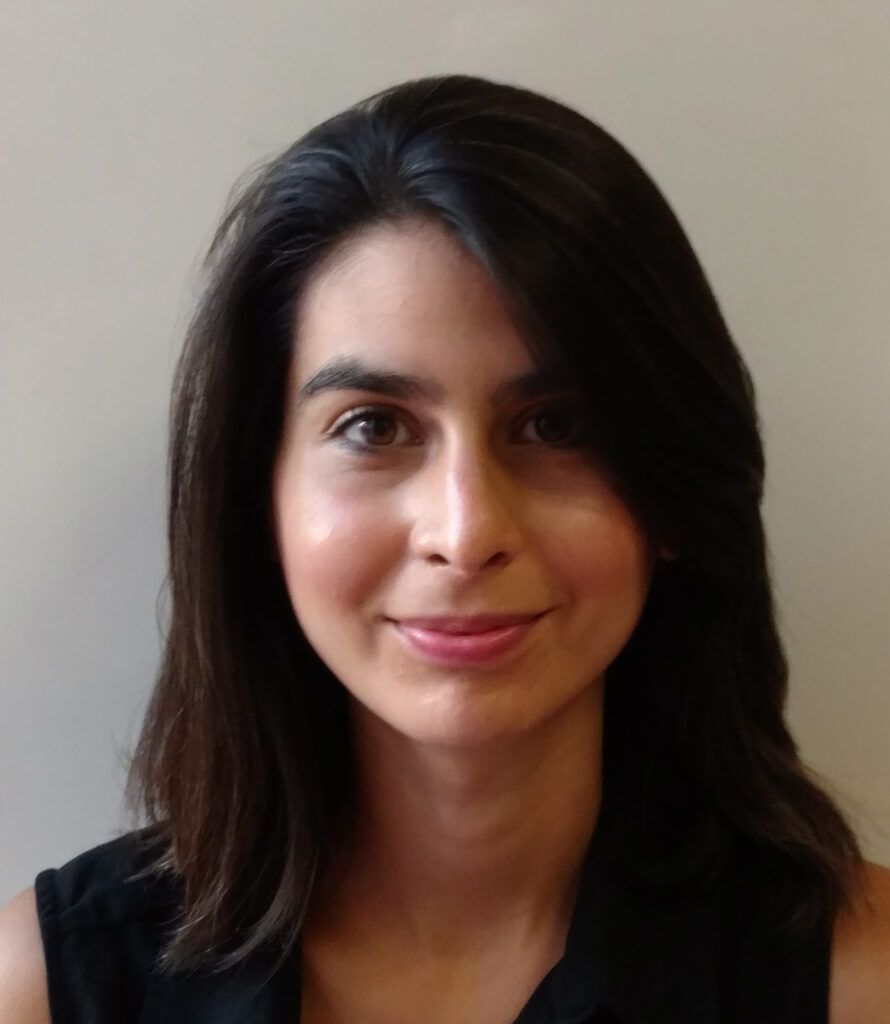This page aims at featuring our early careers researchers. Please feel free to browse through their pages. They all answered several questions regarding their career path and interests.
Dr Indira Garcia Cordero
Position: Postdoctoral researcher
Tanz Centre for Research in Neurodegenerative Diseases at the University of Toronto
Biomarkers, atrophy, functional connectivity, cognition, pathology.

What is your area of research as it relates to FTD?
My research as a postdoctoral fellow is focused on studying the effect of Alzheimer’s disease (AD) pathology or co-pathology (using biomarkers) in patients with corticobasal syndrome and progressive supranuclear palsy. I combine blood and cerebrospinal fluid biomarkers, neuroimaging and clinical data. I would like to understand how the clinical symptoms, atrophy patterns and functional connectivity networks are modified when patients are positive or negative for AD biomarkers. The results of my study will contribute to more accurate in-vivo clinical-pathological classifications and identify profiles of patients that may benefit from targeted therapy.
What inspired you to do FTD research?
I have always been interested in the study of brain function, pathophysiology, and clinical symptoms in order to better understand different neurodegenerative diseases. FTD is thrilling as it is an umbrella of different clinical variants and pathologies. This hinders FTD clinical diagnosis, but speaks of the complexity of the disease and its challenges. Moreover, patients with dementia deserve better treatments and a society that understands and supports them, and I believe that doing research can be the way to contribute my part to this.
What challenges have you faced in FTD research?
The heterogeneity in the patients’ samples and the complexity of the diagnosis are producing no reproducible results and failed clinical trials. We need to pursue better clinical-pathological definitions and keep the development of biomarkers that will allow us the early detection of the disease.
What hopes do you have for FTD research?
I think that the next generation treatments in FTD should take other neurodegenerative diseases as models. In AD, future clinical trials will use combined drugs for targeting multiple pathological proteins and gene therapies, and there are already studies of repurposing drugs. Based on that, we can expect more advances in the FTD field. In the meantime, I think that early detection is the light that should lead us in research.

